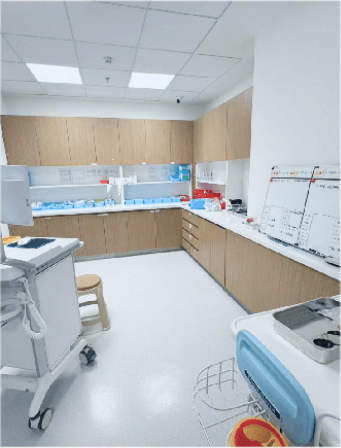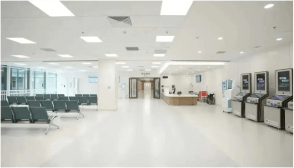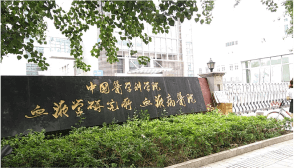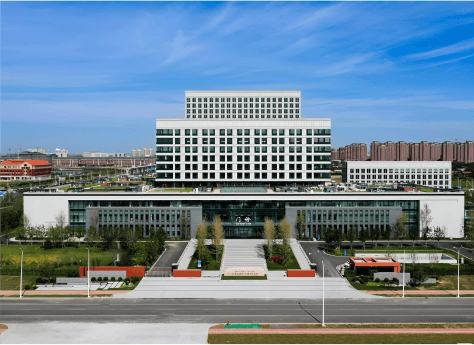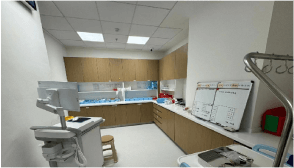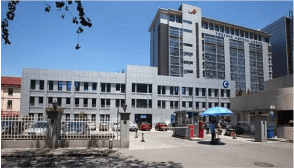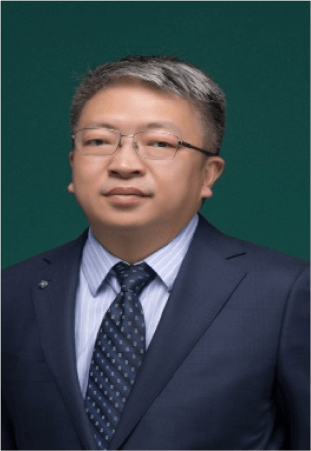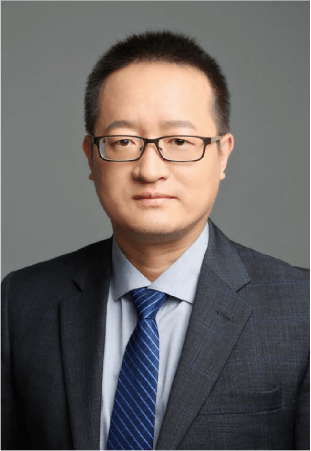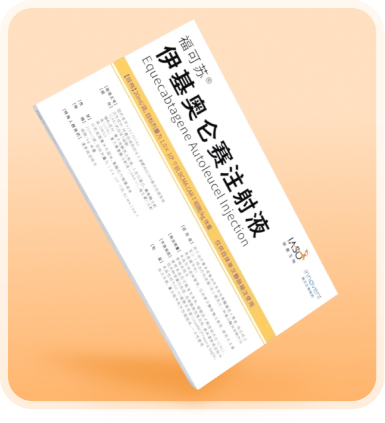Institute of Hematology and Blood Disease Hospital, Chinese Academy of Medical Sciences and Peking Union Medical College was founded in 1957 by Professor Jiadong Deng, pioneer of hematology in China. The hospital moved to Sichuan in the 1970s and returned to Tianjin in 1982. The hospital is the largest national-level professional medical institution of scientific research-type hematopathy in China, which integrates medical treatment, scientific research, education and health services. As a tertiary-A specialist hospital, it has a total of 804 beds at present. The hospital has an anemia diagnosis and treatment center, leukemia diagnosis and treatment center, thrombostasis diagnosis and treatment center, stem cell transplantation center, lymphoma diagnosis and treatment center, MDS diagnosis and treatment center, pediatric hematology diagnosis and treatment center, comprehensive diagnosis and treatment center, regenerative medicine diagnosis and treatment center, hematology emergency center, critical medical diagnosis and treatment center, hematopathology diagnostic center and clinical testing center. With a complete set of specialties, the annual number of diagnoses and treatments exceeded 300,000. It is a top institution for the diagnosis and treatment of hematological diseases in China. From 2010 to 2022, the hospital ranked first in the China Hospital Specialty Reputation List (Hematology) for 13 consecutive years. With the specialty of hematology nursing as its specialty, the hospital initiated the "Demonstration Project of High-quality Nursing Service" of the Ministry of Health, and was awarded the advanced units of "Demonstration Project of High-quality Nursing Service" in Tianjin Health System and the first batch of "High-quality Nursing Service.
Lymphoma diagnosis and treatment centers mainly diagnose and treat "lymphatic system tumors such as malignant lymphoma, multiple myeloma, acute/chronic lymphocytic leukemia (collectively: lymphoma)". The center consists of the first ward, the second ward, the hematopoietic stem cell transplantation ward and the laboratory, with a total of 71 general beds and 10 isolation bin transplantation beds. The center has a high-level clinical diagnosis, treatment and research team consisting of 5 healthcare professionals with senior and 6 deputy senior titles as the backbone. The center has 7 postgraduate supervisors (2 doctoral supervisors). Clinical treatment at the center is characterized by precise diagnosis and overall treatment stratified by prognosis. The laboratory focuses on the molecular pathogenesis and effective treatment strategies of lymphoid tumors, focusing on the effect and mechanism of genetic abnormality of tumor cells and abnormality of immune microenvironment on the occurrence, development and drug resistance of lymphoma and myeloma.
